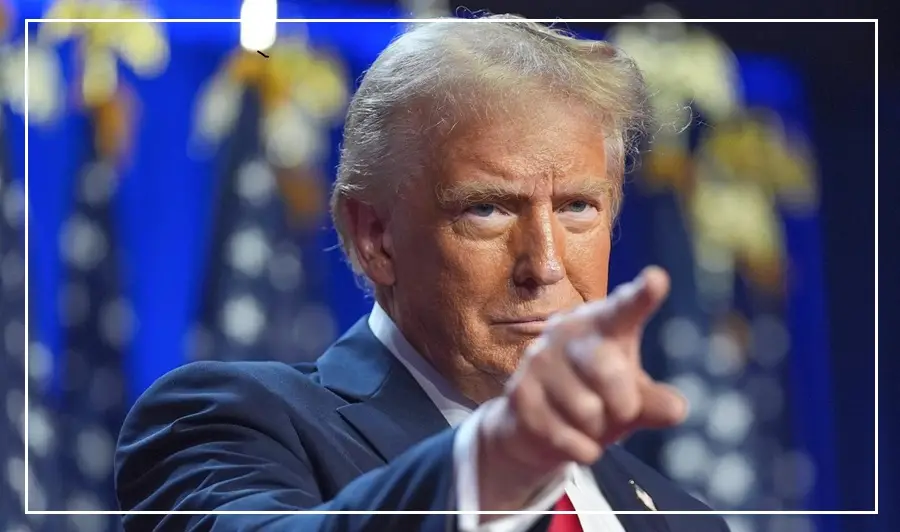In a major development, the US Senate has passed a bill introducing a 1% tax on international money transfers made by non-US citizens, effective January 1, 2026.
This move directly affects millions of Indian NRIs who regularly send money to their families in India.
Key Exemptions Offer Relief to NRIs
The most important part of this new rule is that the tax will not apply to remittances made through:
Automated Clearing House (ACH) transfers
Debit cards
Credit cards
Verified US bank accounts
These exemptions cover most transactions used by NRIs, which means the overall impact will be limited for the Indian community abroad.
Why This Matters for Indian Families
In FY24, India received $33 billion in remittances from the US—about 28% of its global total. A higher tax could have disrupted essential funds sent for family support, education, and medical needs.
Thanks to the reduced rate and exemptions, critical remittances can continue with little to no added burden.
Part of a Larger Economic Plan
This tax is part of a bigger bill called the One Big Beautiful Bill, designed to:
Increase federal income
Support immigration reforms
Improve border security
However, some experts have raised concerns. Ajay Srivastava of the Global Trade Research Initiative called the policy morally wrong, saying it unfairly targets hard-working migrants for additional taxes.
Push Toward Formal Banking Channels
Experts are now urging NRIs to switch fully to formal banking methods in order to:
Avoid the 1% tax
Ensure safety and transparency
Reduce reliance on costly, informal money transfer options
This shift can make cross-border transactions smoother and more secure.
What NRIs Should Do Now
With over five months before the rule takes effect, NRIs are advised to:
Review their current remittance methods
Move to exempted options like ACH or card payments
Seek financial guidance for long-term planning
Though the 1% tax is relatively small, using the right channels can help avoid it entirely and continue sending money home without added cost.
























